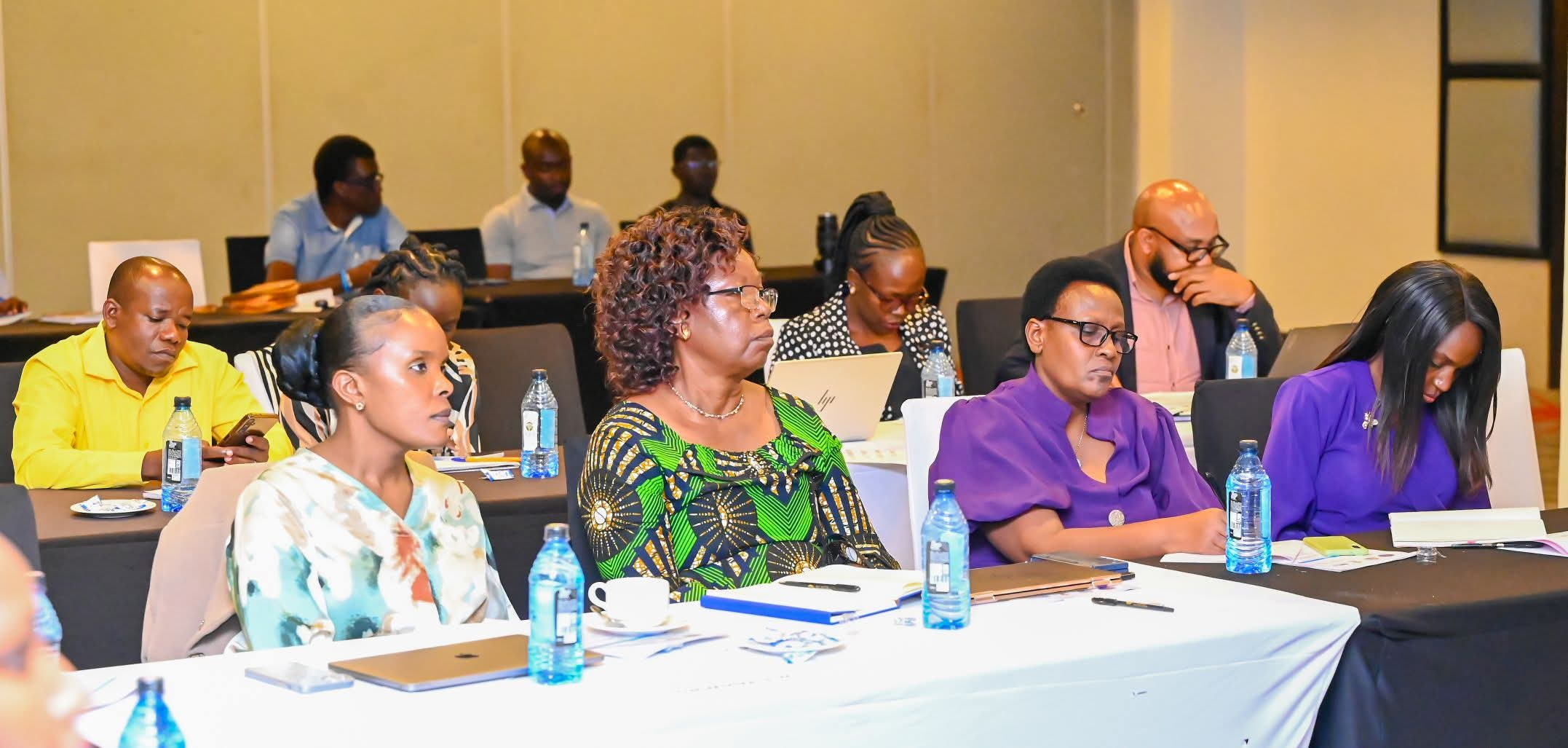

Kisumu is stepping up its commitment to ending sexual and gender-based violence through strengthened partnerships between the justice system, civil society and county leadership.
In a roundtable convened by the Kenya Medical and Education Trust (KMET) in partnership with Equality Now, members of the Kisumu Court Users Committee (CUC) gathered to explore practical ways of enhancing access to justice and services for SGBV survivors.
The session brought together key stakeholders, including judges, magistrates, civil society organisations, county officials, led by Governor Anyang Nyong'o, and community representatives to assess the challenges survivors face and to craft a coordinated survivor-centred response.
“This dialogue gave us a critical platform to unpack the barriers to justice—delays, stigma, and lack of proper support—and to build solutions that also strengthen prevention,” KMET chief executive officer Dr Monica Ogutu said.
She said KMET has developed a community-to-court referral intervention that integrates paralegals, health workers, police gender desks, and court systems, ensuring survivors are not lost in bureaucratic processes.
Ogutu emphasised the need for community sensitisation to break the silence and stigma often associated with reporting such cases.
“In the past, many cases were resolved in unofficial forums. Today, survivors are increasingly seeking justice, thanks to growing awareness,” she said.
A key milestone in these efforts was the removal of fees for the P3 form—a vital document used in prosecuting SGBV cases.
“It used to cost Sh1,500, then Sh1,000. Today, it’s free because of our advocacy,” Dr Ogutu added.
Justice Hellen Omondi, president of the International Association of Women Judges (Kenya Chapter), highlighted the emotional toll such cases take on survivors and judicial officers.
“Survivors often unintentionally destroy evidence—such as by bathing—because of shame or lack of knowledge. Fear of backlash and stigma further complicate the pursuit for justice,” she said.
Justice Omondi said there is growing momentum to establish specialised SGBV courts, and called for mental health support for judicial officers constantly exposed to traumatic testimonies.
Kisumu gender, culture and sports executive Beatrice Odongo announced that the Gender Mainstreaming and Equality Bill has been passed by the county assembly and will soon be gazetted.
“This bill ensures that women and men are equally recognised across all sectors—from economic empowerment to leadership and justice,” she said.
The county has also repurposed a safe house and is collaborating with partners to build a second shelter in Kisumu East.
Chief magistrate Dickson Onyango expressed his appreciation for the collaborative efforts spearheaded by Equality Now and KMET in addressing SGBV.
Onyango said such forums are crucial in fostering a coordinated approach to handling SGBV cases.
“It’s through these efforts that we can come up with practical solutions to the challenges we face,” he said, adding that survivors often encounter delays and stigma when seeking justice.
One of the key outcomes of the engagement, Onyango said, is the collective agreement on clear timelines to prevent retraumatisation of victims during the judicial process.
“We have agreed that each stakeholder must play their part. If it’s the police, they must ensure files are processed and submitted to the Office of the Director of Public Prosecutions (ODPP) promptly. The ODPP should then review and make a charging decision immediately,” he explained.
Once a case is in court, magistrates are encouraged to fast-track hearings, sometimes within two days, to minimise threats to witnesses and reduce the chances of victims withdrawing their statements.
“Through this initiative, we are now aligning our efforts to ensure that all cases whether involving children or adults are expedited to deliver justice swiftly and protect survivors.
Equality Now’s Judy Gitau commended Kisumu’s reviewed SGBV policy and called for continued focus on survivor-friendly court processes.
Governor Nyong’o, who addressed the meeting, underscored the county’s commitment:
“We remain committed to ensuring a fair, accessible and timely justice system for all,” he said.
Despite the progress, stakeholders emphasised the importance of including boys and men in the fight against SGBV.
“We must grow together. Empowering one gender and leaving the other behind creates tension. Let’s bring men and boys on board,” Dr Ogutu urged.
As Kisumu county strengthens its coordinated response, stakeholders agree: the fight against SGBV must be inclusive, survivor-centred, and grounded in justice for all.




















